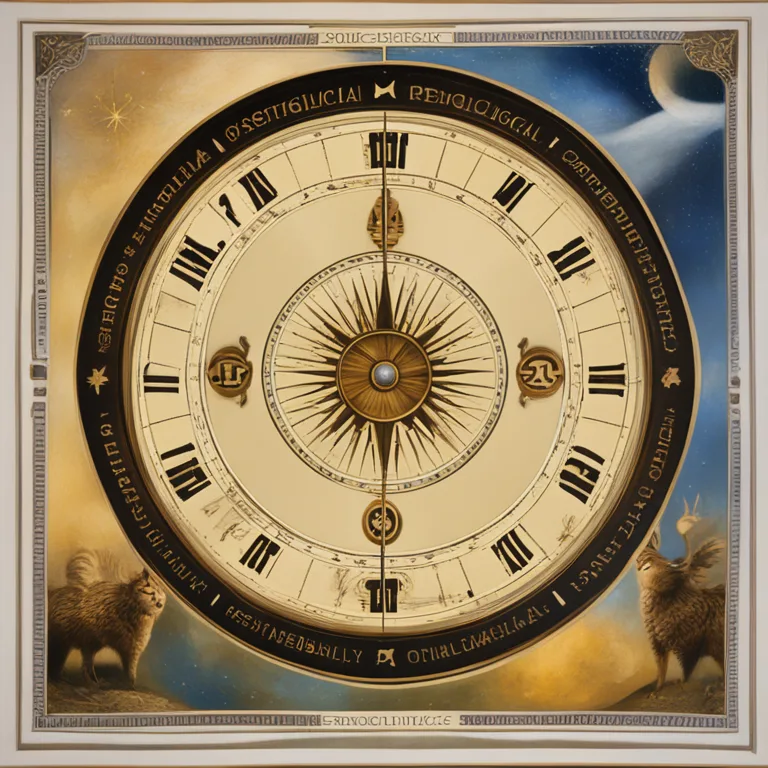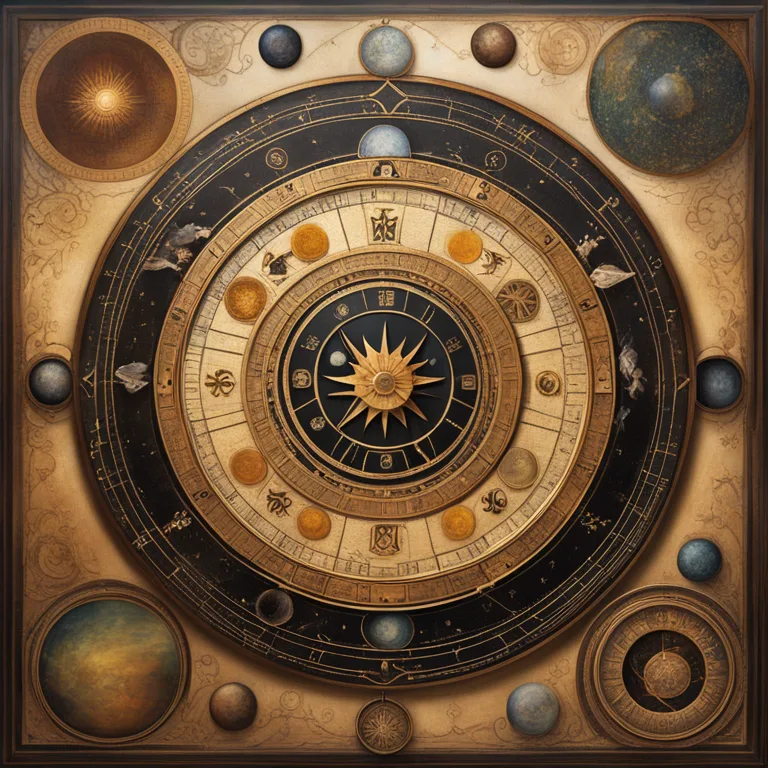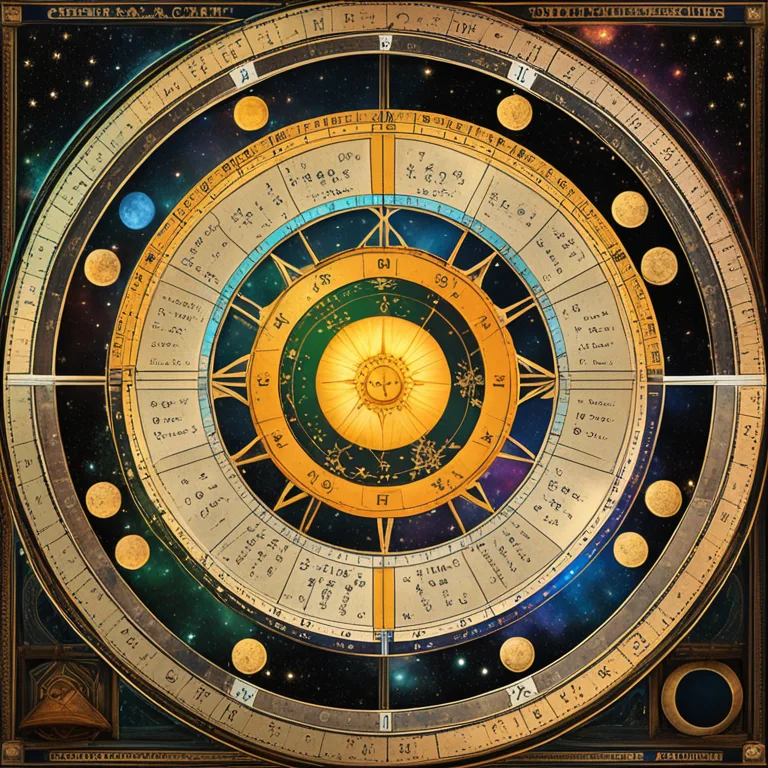
Can Birth Charts Foretell Lifespan?
Discover if and how astrological birth charts may have the potential to foretell one's life expectancy.
article by Priya Deshmukh
The Astrological Perspective
Astrology has long been used as a tool to glean insights into various aspects of one’s personality, destiny, and life events. Many believe that the position of stars and planets at the moment of birth can hold key information regarding an individual's journey—including the potential to indicate the lifespan. As we venture further into the 21st century, this ancient practice has not waned, but the question remains: Can a birth chart predict death? This article delves into the astrological theories and ethical considerations surrounding this intriguing subject.

A Matter of Interpretation
Birth charts, also known as natal charts, are complex diagrams that represent the celestial positionings at one's time of birth. Astrologers analyze various elements, such as the Sun, Moon, and planetary placements, along with the 12 houses of the zodiac. The eighth house, in particular, is traditionally associated with death and transformation, sparking debate on its predictive capabilities regarding the end of life. However, the interpretation of these charts is far from straightforward and relies on subjective analyses rather than empirical evidence.

Ethical Considerations
Even if one were to consider the possibility of predicting lifespan through astrology, ethical concerns become immediately apparent. The psychological impact of claiming certain knowledge regarding an individual’s death could cause undue stress and anxiety. For this reason, most professional astrologers refrain from making definitive predictions about death, preferring instead to focus on providing guidance for personal growth and understanding throughout life's various stages.

The Role of Free Will
A key argument against the deterministic view of astrology is the belief in free will. While certain planetary alignments might suggest potentials or challenges, the concept of free agency implies that individuals can steer the course of their lives through their actions and choices. Astrology may highlight periods of transformation or difficulty, but it remains the prerogative of each person to navigate these times as they see fit.

Modern Astrology's Approach
In the modern age, astrology has adapted to incorporate a more psychological approach, intertwining with self-help and personal development disciplines. Contemporary practitioners focus on empowering individuals, using astrological insights as a means to foster self-awareness and coping strategies rather than as a tool for predicting specific outcomes such as death.
Scientific Scrutiny
The scientific community remains skeptical about astrology's predictive power, categorizing it as a pseudoscience due to a lack of empirical support and consistent methodology. This skepticism extends to any claims that birth charts can predict death, as they cannot be proven or disproven using current scientific frameworks and standards.
Concluding Thoughts
Ultimately, astrology's role in predicting death remains a highly contested topic shrouded in mystery, personal belief, and ethical consideration. Whether one sees the birth chart as a roadmap with predetermined outcomes or a tool for personal insight, the practice is deeply interwoven with humanity's quest for understanding life’s intricate tapestry.
Published: 12/22/2023
Modified: 12/22/2023
More predictions
Come back here soon to learn more about yourself and your future


Understanding 12 Astrological Houses
Delve into the meanings and influences of the twelve astrological houses that shape personal horoscopes.


The Lead Role of Astrological Houses
Gain insights into how the astrological houses influence your personal horoscope and shape your celestial journey.


Astrological Houses & Their Role In Modern Life
Delve into the significance of the 12 astrological houses and their influence on personal astrology.